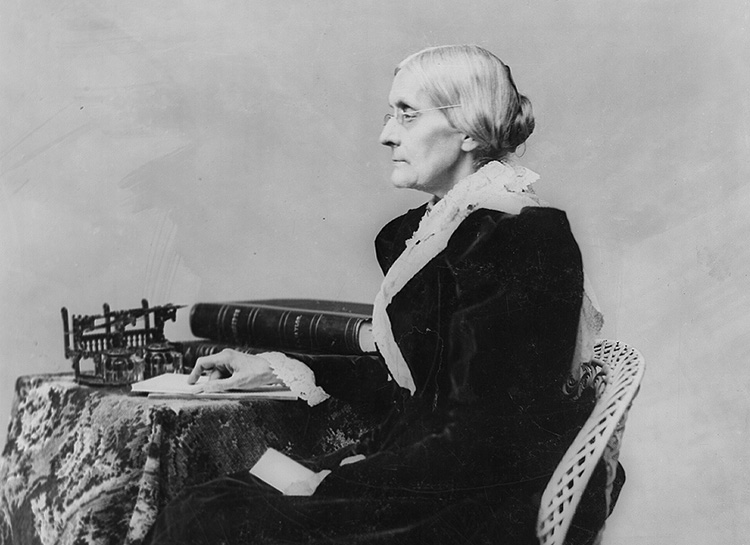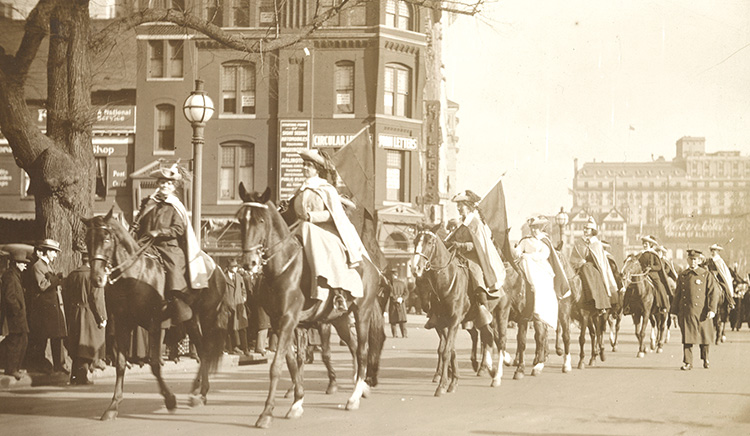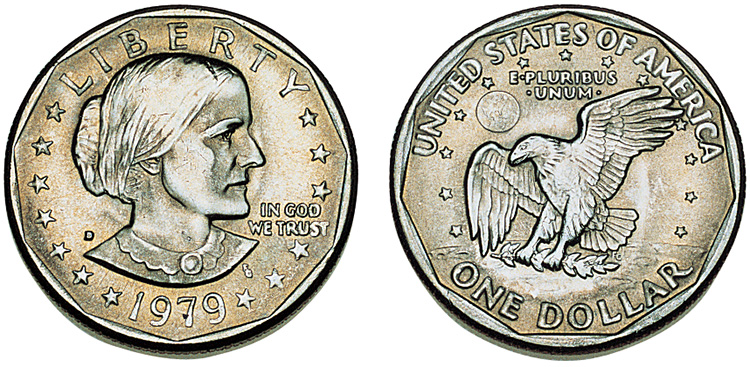Susan B. Anthony: Time to Vote!
Monday, November 5th, 2018November 5, 2018
Tomorrow, November 6, is election day in the United States and voters will have the chance to choose the people who decide the direction and tone of government. Today, most U.S. citizens over 18 years of age have the right to vote. This was not always so, however. Voting rights have been won gradually—and with much difficulty—over the history of the United States. In most places, only white men who owned property were originally allowed to vote. The property requirement was gradually dropped, but it was not until 1870 that the Fifteenth Amendment to the Constitution of the United States ensured that men of all races could vote. To the dismay of many Americans, however, the amendment excluded women from voting. This exclusion fueled the woman suffrage movement that fought for decades to get women the right to vote. A few states and territories began giving women the right to vote in 1870, but for most American women, voting was illegal. On Nov. 5, 1872, 146 years ago today, a woman named Susan B. Anthony dared to vote—and she was arrested for it.

Susan B. Anthony helped organize the woman suffrage movement, which worked to get women the right to vote. Credit: Library of Congress
Anthony, a steadfast reformer who had already campaigned against slavery and the drinking of alcohol, helped organize the woman suffrage movement. In November 1872, Anthony and a group of women cast their ballots for president in Rochester, New York, days after persuading election inspectors to register them. The women were arrested for illegal voting, but Anthony, the “ringleader,” alone went to trial.

Women on horseback participate in a suffrage parade in Washington, D.C., in 1914. Women at last gained the right to vote in 1920. Credit: Library of Congress
The trial’s presiding judge, Ward Hunt, did not let Anthony argue on her own behalf, and he directed the jury to find her guilty (instead of letting the jury decide). Judge Hunt fined Anthony $100 (a large sum at the time), but she vehemently refused to pay it. At the end of the trial, which attracted nationwide attention, Anthony made a speech that ended with the slogan “Resistance to Tyranny Is Obedience to God.” She was then released and faced no further prosecution.

The Anthony dollar, minted for circulation in 1979 and 1980, honored woman suffrage leader Susan B. Anthony. Credit: WORLD BOOK photo by James Simek
In the following decades, Anthony published several books arguing for woman suffrage. She also established the International Woman Suffrage Alliance and served as president of the National American Woman Suffrage Association. Unfortunately, Anthony died in 1906—14 years before women finally won the right to vote with ratification of the Nineteenth Amendment in 1920. In 1979 and 1980, the U.S. government honored Anthony by minting $1 coins bearing her likeness. She was the first woman to be pictured on a U.S. coin in general circulation.
U.S. voting rights were not exactly settled as of 1920, however. The Twenty-third Amendment (1961) allowed citizens in Washington, D.C., to vote for president. The Twenty-fourth Amendment (1964) prohibited the forced payment of poll taxes to vote. The Twenty-sixth Amendment (1966) lowered the voting age from 21 to 18. And, to counter voter suppression of minority groups, the Civil Rights Act of 1964 banned discrimination (with regard to voting and many other things) because of a person’s color, race, national origin, religion, or sex.


